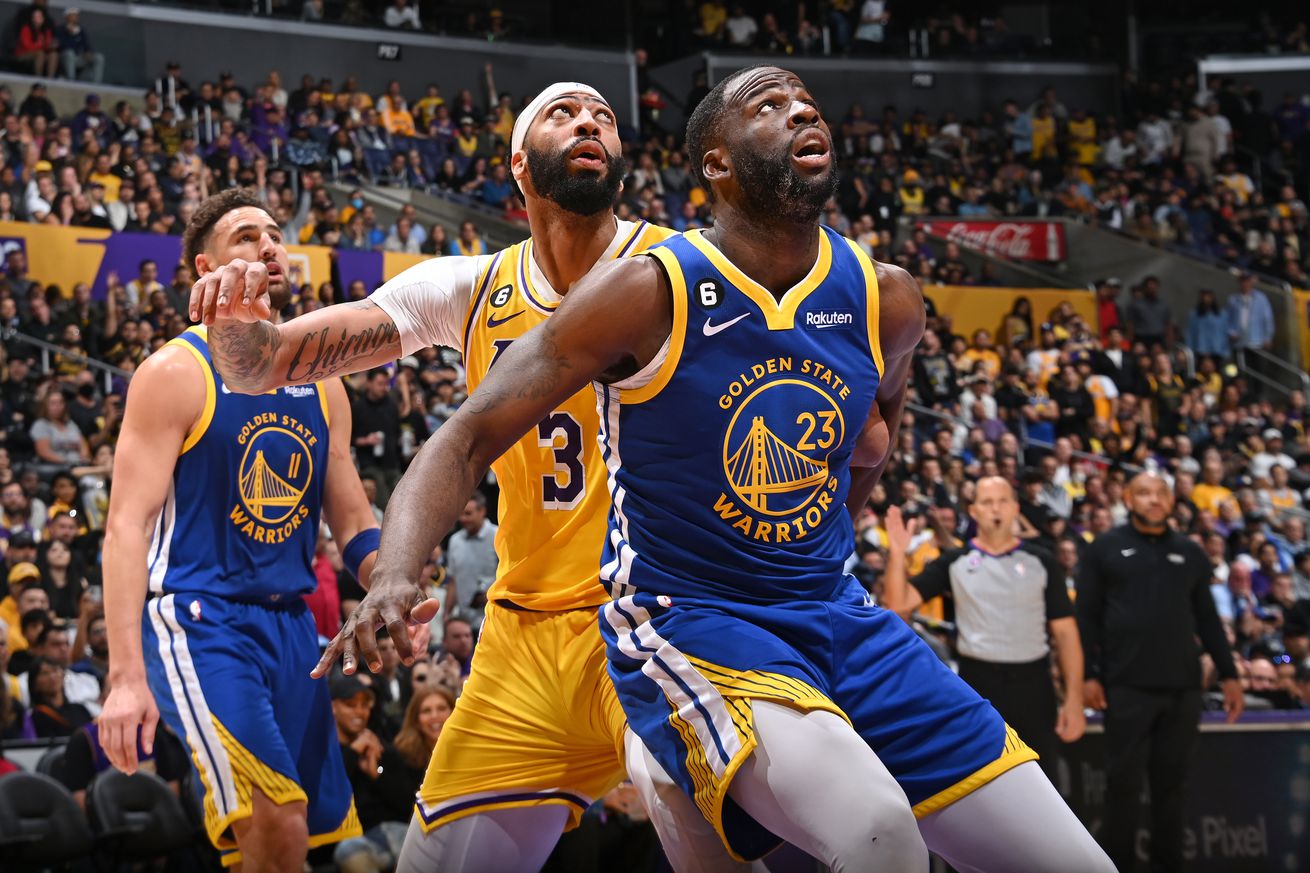
The Dubs unique luxury tax situation means paying Draymond more money actually cuts the team’s payroll.
The Golden State Warriors re-signed Draymond Green to a four-year, $100 million contract at the onset of free agency on Friday afternoon. After rumors had swirled that Green would ink a three-year deal that tied his contract to Warriors icon Steph Curry, many were surprised to see the Dubs give their controversial forward a player option for an additional season.
Let’s say the Warriors could have given Green a three-year, $85 million contract instead, giving him a deal with an average annual value north of $28 million. On the surface, the Warriors would have guaranteed Green $15 million less over the life of the contract, but that ignores the luxury tax, which has much larger implications on team payroll.
The Warriors tax multiplier will likely cost them at least $10.25 for every marginal dollar spent this offseason. So, cutting Green’s 2023-24 salary by just $3.3 million already saves Warriors ownership more than $34 million, erasing the increased cost of Green’s guarantees. If the Dubs have any luxury tax multiplier over the next two years, which is highly likely, the savings will only increase.
Fans should not concern themselves with ownership pocketbooks. Every NBA owner has enough money to go well into the luxury tax without impacting their life at all. With that said, the salary cap gives fans an incentive to root against players making money since every dollar given to a player down the line limits the team’s ability to sign players in the future. There’s something to be said for Green potentially taking up nearly $30 million in salary cap space in 2026-27.
However, Green’s contract would be an expiring deal at that point, which should make it very tradable, and that only matters if the Dubs are in a position to have salary cap space that they want to spend elsewhere, which is no guarantee. If Curry is still a star and has signed another extension, the Warriors are very unlikely to be in a position to make a big signing in free agency. If Curry has retired or taken a significant step back, it’s hard to imagine the Warriors are competitive.
The NBA luxury tax is designed to discourage ownership groups from spending money on players. Weirdly enough, though, the structure encourages teams to give out longer contracts to lower a deal’s average annual value. So, by paying Draymond Green more money than they had to, the Warriors actually saved tens of millions of dollars.